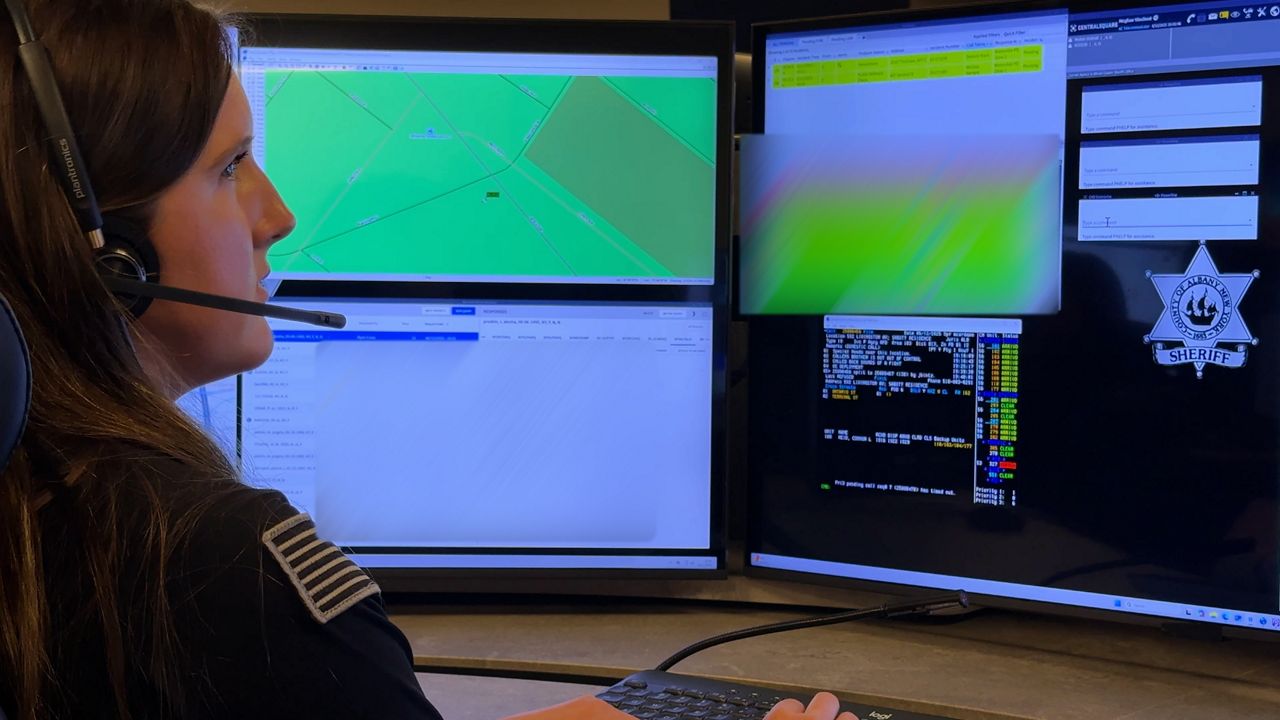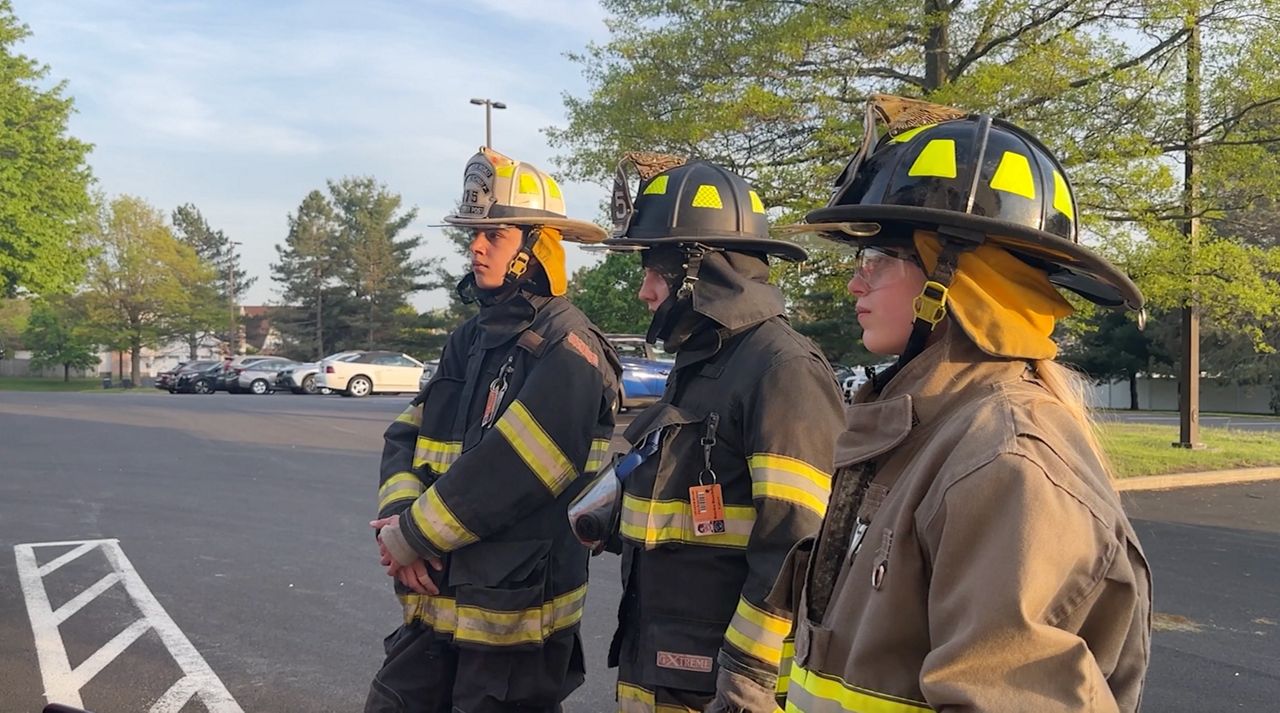In New York, there are nearly 8,000 recreational bodies of water, along with more than 7,000 miles of rivers and streams. And there are hundreds of thousands of boats.
For the first time this summer, anyone behind the wheel must complete an eight-hour state-approved boating safety course.
“Everything from planning your trip before you get on the water, from trailering your boat, to how to safely operate your boat, the navigation laws and then what to do in case of an emergency situation,” said Karie Provanchie, a state-certified safe boating instructor.
Passed by the state Legislature in 2019 and inspired by Brianna Lieneck, an 11-year-old killed in a crash off Long Island in 2005, the requirement stems from Brianna’s Law.
“The more folks that are aware of the safety rules and the rules in general, the better everyone can be,” Provanchie said. “Our waters can be safe.”
Having certified more than 160 people since January, Provanchie says demand is high and the experience her students bring varies.
“We have young teenagers that come in and folks that are well into their 80s that are coming in,” she said. “So, they’re either building that base knowledge or refreshing knowledge that they already have or learning new practices.”
The people coming in include Ralph Dimola, a Queensbury native.
“I’ve boated for 50 years,” Dimola said. “And I’m still learning something new.”
Dimola and his girlfriend Connie took the course together ahead of the Memorial Day weekend.
“I’ve seen many near catastrophes,” Dimola said, "just from inexperience or improper training.”
They believe having everyone out on the water, on the same page, is key.
Law enforcement agencies across the state are prepared to enforce the mandate.
“We’ve required boater safety certificates to operate personal watercraft in New York state for years, but not for boats that are much bigger,” said Matt Ball of the Saratoga County Sheriff’s Office Marine Patrol and Training units. “When you take on that responsibility of driving the boat and having family or friends on the boat, you’re responsible for their safety.”
Marine patrol units are tasked with identifying infractions on the water, things like speeding or expired registration.
“Then we would make a vessel stop and conduct a safety inspection,” Ball said. “We’re looking for the required safety gear, life jackets and one of the things we can ask for is that boater safety card.”
If the operator doesn’t have that permanent $10 card on hand, they’ll be subject to a $100-$250 fine.
“I would just encourage everybody who even thinks they may be on a boat to take this course,” Minola said. “They never know when they’re going to take over the helm.”










